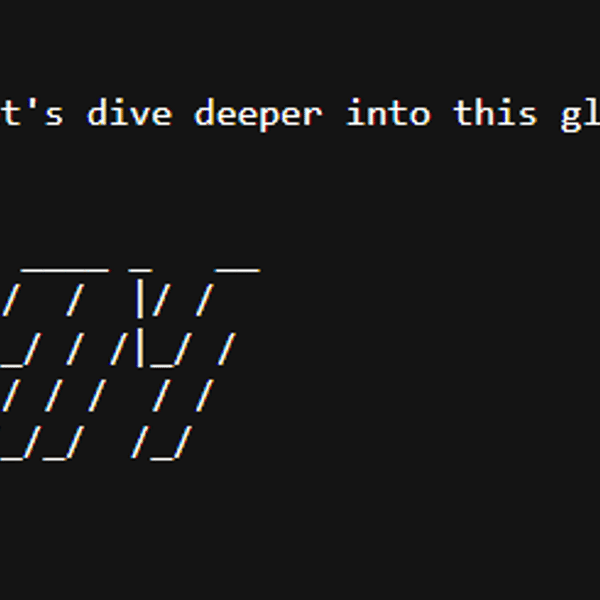What is Unit of Account in Cryptocurrency?

Have you ever wondered what exactly is meant by the term 'unit of account' in the world of Blockchain and finance? In simple terms, a unit of account refers to the standard monetary unit in which the value of goods, services, assets, and liabilities is measured. In the context of blockchain technology, the concept takes on added significance as it plays a crucial role in facilitating transactions and determining the value of various digital assets. This article will delve into the intricacies of unit of account, its importance in the blockchain ecosystem, and how it differs from other key concepts such as medium of exchange and store of value.
Understanding Unit of Account
In the traditional financial system, a unit of account is typically represented by a national currency such as the US dollar, Euro, or Japanese Yen. This serves as the common benchmark for measuring the value of different economic activities and financial instruments. Similarly, in the context of blockchain and cryptocurrencies, a unit of account is used to assign a numerical value to digital assets and transactions. For example, Bitcoin (BTC) is often used as the unit of account on many cryptocurrency exchanges, with prices quoted in terms of BTC.
Role of Unit of Account in Blockchain
Within the blockchain ecosystem, a unit of account is essential for conducting transactions, calculating fees, and maintaining accurate records of ownership. By establishing a standard unit of measurement, participants in the network can easily quantify the value of their assets and engage in trade with one another. Moreover, the use of a common unit of account simplifies the process of price discovery and market valuation, enabling investors to make informed decisions about buying and selling digital assets.
Distinction from Medium of Exchange and Store of Value
While a unit of account is used to measure value, it should not be confused with a medium of exchange or store of value. A medium of exchange refers to any form of currency or asset that can be traded for goods and services, facilitating transactions within an economy. On the other hand, a store of value is an asset that maintains its worth over time, serving as a reliable repository of wealth. In contrast, a unit of account is primarily concerned with assigning numerical values to assets and transactions, acting as a standard measure of economic value.
In summary, the concept of unit of account plays a vital role in both traditional financial systems and emerging blockchain technologies. By providing a common benchmark for measuring value and conducting transactions, it enables participants to engage in economic activities with confidence and clarity. As the blockchain industry continues to evolve, the importance of a stable and reliable unit of account will only grow in significance.
Related articles
Latest articles
See more























